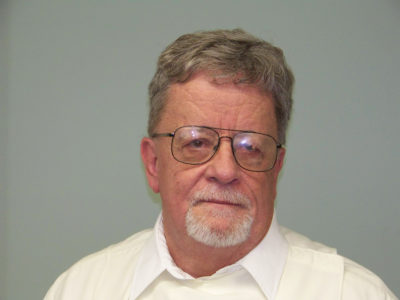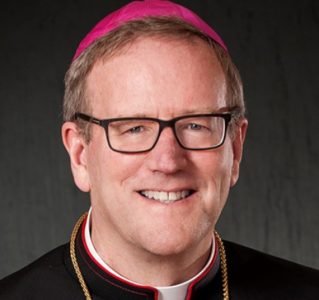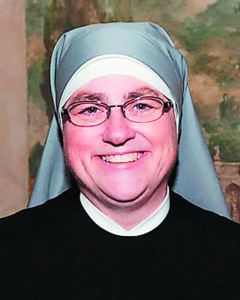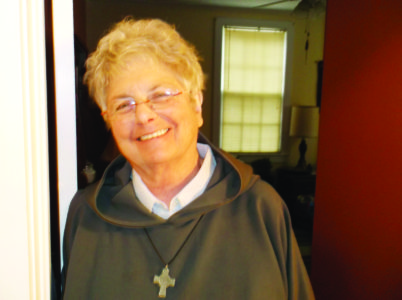Millennial reflections

Father Jeremy Tobin
By Father Jeremy Tobin, O. Praem
Before every general chapter of the Norbertine Order there is a fraternal visitation by the head of our order to all the houses throughout the world. The Priory of St. Moses the Black and its motherhouse, St. Norbert Abbey in De Pere Wisconsin, will have completed the visitation before the next General Chapter at Rolduc in the Netherlands in 2018. Here, at the Priory, at the opening address of his visit here, Abbot General Thomas quoted Pope Francis saying that religious must be prophetic. They must be the prophetic voice of the church, and speak out for those who have no voice. Pope Francis has said that being prophetic can be messy, but urged us to be courageous.
Religious by their nature are the prophetic dimension of the Church. Looking at the lives of various founders of religious communities you find them responding to a call to do something new, to meet situations that demand attention. Pope Francis tells us to go to the margins, reach out to the peripheries. Go where the need is. Be with the suffering, the poor, the scapegoated.
Look at Jesus in the Gospels. His friends were the marginalized, the outcast, the labeled. For that he was condemned. Down the centuries that is what religious do. Whether priests, brothers or sisters, their character comes from the charism of their community. How they respond to current situations is largely within the frame of their community’s charism. The ancient orders often are more flexible because they have survived so much. Their charisms are more generic leaving the possibility open to respond to any need the times call them to meet.
I begin with this to say that my community, the Norbertines, has begun celebrating more than nine centuries of existence. We were just a little more than a hundred years old when we faced and survived the Mongol invasions of Europe. Places we built our monasteries ended up in two countries when borders were drawn. We have survived a lot since then, but continue to respond to the needs of the times.
Since the Second Vatican Council we have responded in many ways to issues of social justice. One our priests in Wisconsin helped found the American Indian Movement (AIM) that still works for human rights for native Americans.
In Peru we confronted massive poverty and lack of health care by establishing mini parishes in Lima and a string of clinics, that still operate on the Rio Napo, a tributary of the Amazon. We came to Mississippi to respond to the spiritual and material needs of African Americans. We are still involved at Christ the King on in South Jackson. Our local founder retired from a career at Jackson State University. Another one is involved in advocacy and writing about human rights and promoting fair and just legislation.
Pope Francis has reawakened the original spirit of Vatican II when he described the Church as a field hospital, a MASH unit that meets the people where they are, in whatever shape, and responds with mercy and compassion and a listening ear. The people with no voice need a voice and we are that voice. We collaborate with our fellow Christians, whatever denomination, addressing issues of inequality and justice. Pope Francis is asking religious to push the barriers further to speak out for issues that confront the world. He has given us a new image of what it is to evangelize, to bring good news, not bad news, to the poor. He calls us to address climate change head on. It isn’t that we don’t have issues to address, they are all around us.
Religious, by our vocation, are called to take risks, to say what must be said, to speak truth to power. That is what prophecy is. It is conveying the vision of justice and mercy welling up inside to bring hope to those who have little hope. It is taking risks.
Even ancient, monastic orders like mine are called to go out and be with the people who need to hear the good news of the Gospel, of deliverance and hope. Some need to take greater risks and follow their call. In these perilous times the poor and marginalized, the discriminated and oppressed need to hear the Gospel message of deliverance of redemption and of hope. Social justice is at the heart of the Gospel and we must bring that message home.
(Father Jeremy Tobin, O.Praem, lives at the Priory of St. Moses the Black, Raymond.)




